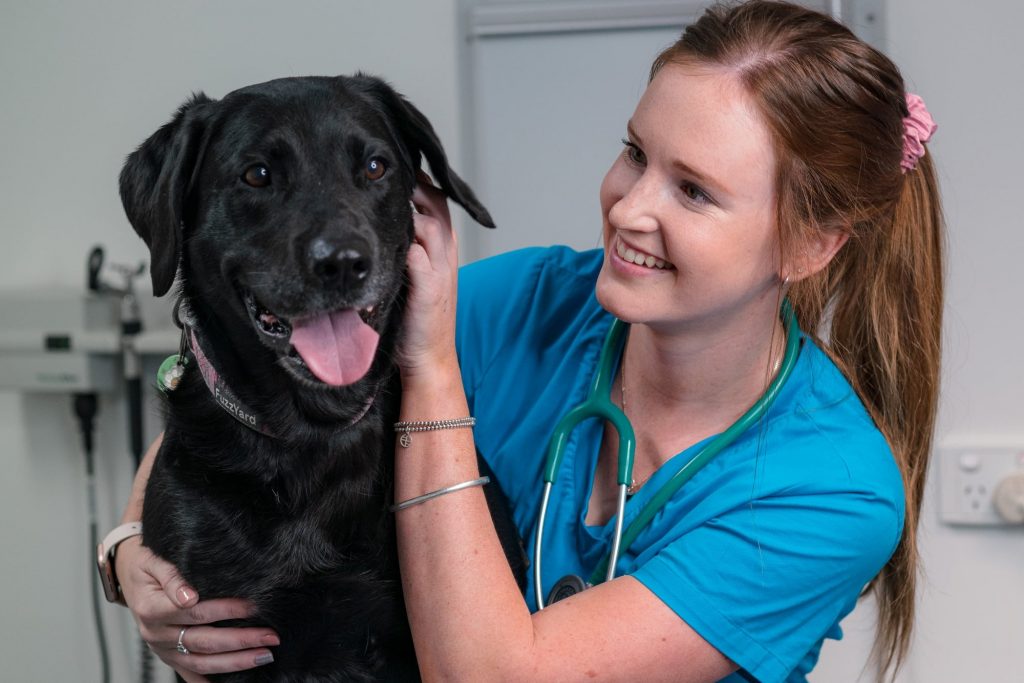
Why should I de-sex my pet?
There are many advantages to desexing your pet and they are not always related to surprise litters of puppies and kittens!
Desexing helps prevent some nasty diseases that could develop later in life. Some behavioural problems may also be addressed by desexing.
Male dogs and cats tend to stray from home when there is a female around. They are also much more likely to get into fights than their desexed counterpart. Tom cats can be gone for days on end and it is not uncommon for them to return with serious injuries from fights, which can be very expensive to treat. Toms may even spray urine inside the house and as any cat owner would know, the smell does linger!
In dogs, the most notable trait of an un-desexed male is their need to urinate on everything that is vertical. Other problems include a tendency to wander in search of a girlfriend. Desexing can also help to reduce aggressive behavior towards other male dogs. And finally, older un-desexed male dogs are more likely to develop prostate and testicular problems including cancer.
Female pets are generally desexed to prevent unwanted puppies or kittens. It also stops your animals from coming into season. It can be very disturbing to hear your cat start to “call” to attract tom cats. Dogs that come into season can leave spots of blood on your carpet and furniture and also attract unwanted male dogs to your property. Health-wise, a female pet that has not been desexed will have a much higher chance of developing life threatening illnesses such as breast cancer.
When and how is the surgery performed?
We recommend desexing your dog or cat at 6 months of age, to get the maximum advantage from the procedure. However, no pet is too old to benefit from desexing.
The surgery is carried out under a general anaesthetic after a thorough examination has been carried out. Pain relief is given to all patients during surgery so their recovery is as rapid and comfortable as possible.
We are also the only veterinary hospital in Tasmania to offer keyhole desexing surgery.
Our vets are happy to discuss this in more detail with you at the time of consultation.
Make an appointment